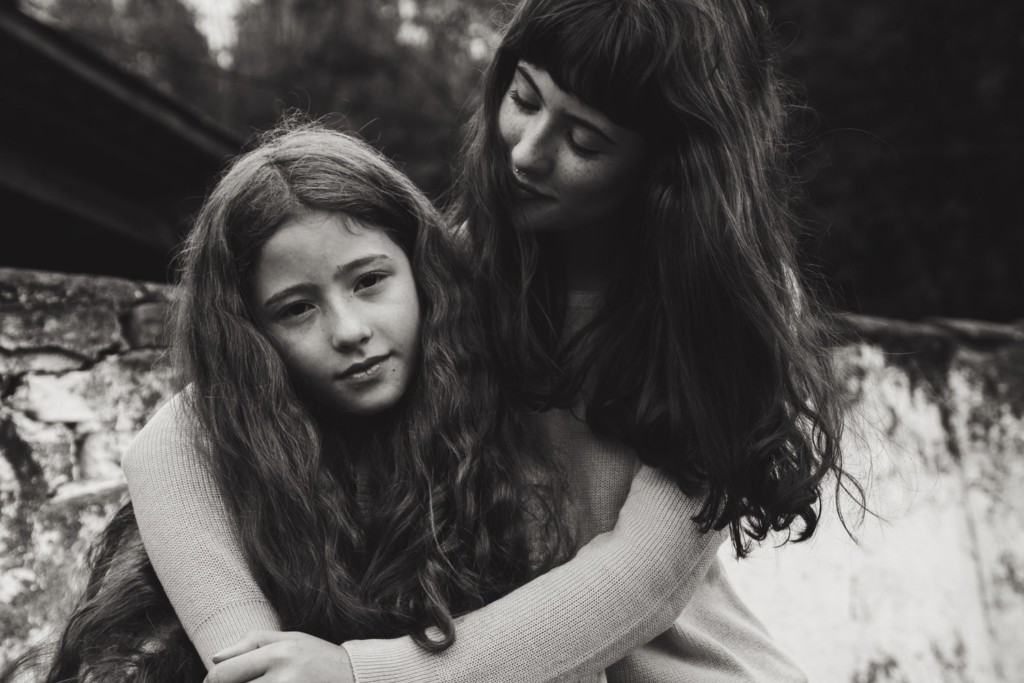
Military families make up less than 0.5 percent of the American population.
Though we have been at war since 9/11, few Americans have served in the military or have a direct link to it.
There is a large gap between civilians and the military. Even more than the active duty member, a military spouse must live in the civilian world. Hopefully, we will soon see better integration of military families and an increase in employment and opportunities for military spouses.
There is so much the civilian world does not know or understand about military spouses. They are more than just the support, a deployment, or a homecoming. As a military spouse myself, I know how fortunate I am to be surrounded by such a dynamic and wonderful group of people.
I want to share with the rest of the world some of the characteristics of the military spouses I am privileged to know.
Military spouses aren’t all women. They also can be active duty.
The military is still predominantly male but an increasing number of women are serving each year and in new capacities. As a result, many military spouses are male. Additionally, 7 percent of military couples are dual military. They must juggle the normal chaos that is military life but times two. Two sets of family care plans, two deployment schedules, and the possibility of even more separation if both spouses cannot be stationed together.
Military spouses are resourceful.
A military spouse can make any house, apartment, dorm, or base hotel feel like a home. They have a Rubbermaid container full of random curtains from every house they’ve ever lived in just in case they will fit something at the next house.
Moving over Christmas? Have no fear—a military spouse will remember to set aside stockings and gifts from the packers and will even find a Charlie Brown tree to make the temporary living feel festive.
Just moved to a new location? Forget Angie’s List or Yelp. If you need real answers or recommendations, ask a fellow military spouse. They can tell you where to get your hair cut or dog groomed or even where to get a custom cake for your child’s first birthday.
They will probably also offer to bring you a meal or watch your kids while you get settled because I am convinced acts of service is the military spouse’s love language.
Military spouses are diverse.
I often find myself frustrated when the media says the military endorses a certain political candidate or party because I feel it discounts the diversity within the service.
The military and their families come from all different backgrounds, cultures, races, religions, and political preferences. I am thankful for our time in the military community because it has brought people into my life who I would likely have never met in the civilian world, and I am richer for it.
In fact, I think the civilian world could take a few pages from our book on what it looks like when people from all different walks of life come together, set aside their differences, and work toward a common goal.
Military spouses are educated (and underemployed).
Military spouses are doctors, nurses, educators, attorneys, engineers, and so much more. Many hold graduate or doctoral degrees. Yet, they are disproportionately unemployed or underemployed.
Moves, deployments, lack of access to childcare, and many other factors outside of their control make having a career even more challenging. Their resumes may have weird gaps or be so long it is difficult to fit onto a page. They may not have followed a typical career progression but that does not mean they do not bring value to their employer.
Military spouses have unique life experiences and skill sets that would benefit any company willing to give them a chance.
Military spouses are independent.
Ask almost any military spouse, and they will tell you they bristle at being called a “dependent.” I have often found it to be a huge misnomer because military spouses are some of the most independent people I know. Whether they want to or not, they have to birth babies and/or take care of babies, move, and handle all number of household emergencies often without their spouse. They value and appreciate when their spouses are home, but they know how to handle life when they are not, which is often.
Military spouses truly know how to bloom where they are planted. They know how to fill their days with purpose, independent of another person. While I can personally attest that this is not always easy, I am thankful for this life skill.
Military spouses are friends who become like family.
Military spouses will give you their extra furniture, their spare car, and even open their home to you. I know this because I have been on the giving and receiving end of this. When we were assigned to Korea, my husband was TDY for 7 months. I chose to go back to Texas during that time, so I could work. I left our home, cars, and essentially all of our worldly possessions in the care of some of our military friends and neighbors there. Most of these people I had only known for 6 months. I had no qualms about doing it either—I knew everything would be taken care of and it was.
Military spouses take care of each other—homes, pets, kids, you name it. They support each other through babies, raising kids, deployments, homecomings, heartaches, and losses. They are there for the good times as well as the bad.
To me, this has been the best part of being a military spouse—the many lifetime friends that have become my extended family.
So what exactly is a military spouse?
In most ways, military spouses are just like everyone else: They make up a complex, diverse, and thriving community. But they are special, too. If you are lucky enough to have a military spouse in your life, I encourage you to reach out and get to know him or her, lend a hand, or offer a job. I can promise you won’t regret it.












‘So much respect for military spouses!
Comments are closed.